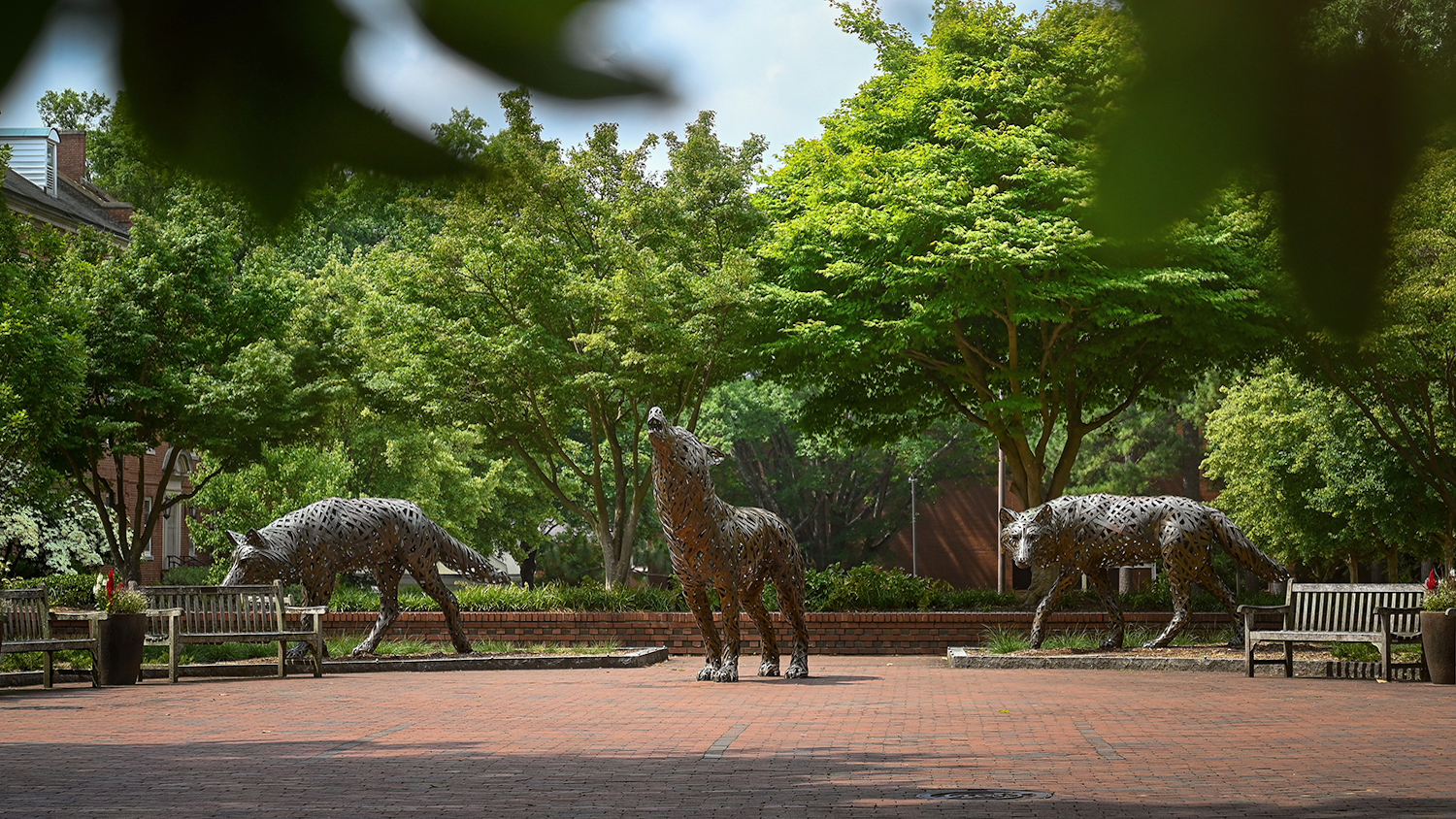Staff
CRISPR-Edited Trees Reduce the Energy and Water Required To Make Paper
Genetically Edited Wood Could Make Paper More Sustainable
AI Provides Most Accurate Estimate of Africa’s Largest Bat Colony Population

Faculty Clusters Fuel a Culture of Excellence at NC State
Nature’s Defenses: How the Sitka Spruce Fends Off Weevil Invasion
New Accounting Methods Could Rebuild Confidence in Forest Carbon Markets
The Last Place on Earth Any Tourist Should Go
